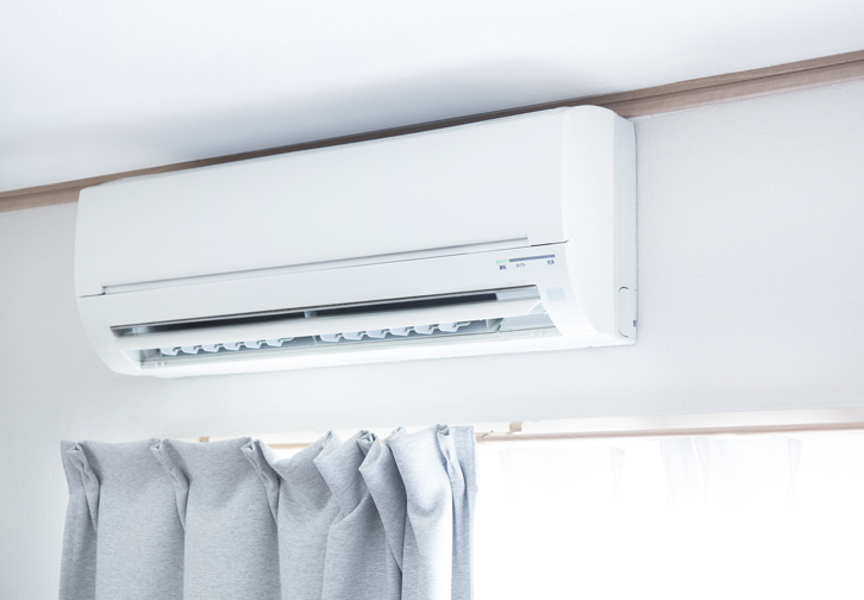What is the best home heating system?
Residential

By continuing, you agree to our terms of use and privacy policy
Instructions on how to reset your password will be sent to the email below.
Your password reset link has been sent. Please check your inbox and follow the instructions provided.
Residential

Heat pumps are a popular choice for temperature control in New Zealand, with over half of new homes including at least one. This is because they are one of the best home heating systems available (particularly for young families and elderly who don’t want to deal with firewood or gas cylinders), as well as one of the most efficient.
Their operation is simple: they pump heated or cooled air into or out of your home, maintaining a constant, specific temperature that you set.
For a heat pump that will only service a single room or living area, you can expect to pay about $2,000 up front. Because of their efficiency, running costs are relatively low in comparison to other electrical heating systems.
However, if you are only heating a small room (less than 20 sqm), it might end up costing you more overall than other alternatives.
Central heating pushes heated water through underfloor pipes or radiators, spreading the heat around the house. The actual heating of the water is done by another separate system (a boiler, solar heating, etc). They are designed to warm up an entire house, rather than just a single room; useful if you want a single, centralised heating system.
You can usually adjust the temperature using a thermostat and a timer. You can also differentiate the temperature in different parts of the home, AKA ‘zoning’.
However, it can be quite expensive to install so we recommend considering this option if you are planning on building a new, modern family home. Natural gas central heating isn’t available in the South Island either, as there is no gas piped there at the time of writing.
If you have an entire home to warm, and you want to be able to have high levels of control, central heating may be a good option.
Possibly the simplest and easiest to set up of all temperature control systems is the humble electric heater.
These work simply: they heat the air around them either directly (oil or convection heaters), or indirectly (radiant and panel heaters). Each of these are useful in different environments, and vary in running cost.
These are ideal for a smaller room, or areas of the home you only heat occasionally such as hallways and kids bedrooms. If it’s getting chilly in your office, an electric heater may be a cheaper option than a heat pump, or attaching the room to the central heating system.
However, you shouldn’t rely on them to heat an entire house, or a particularly large room. The majority of the time, there are more efficient options available.
Passive design is the original temperature control system. It utilises heat-conductive materials and clever architecture to spread latent warmth all over your home. No electricity required.
It relies heavily on a ‘thermal envelope’—ensuring heat doesn’t escape from your home during the cold months, and keeping hot air circulating throughout the property during the warmer ones.
If you are interested in passive design, more insulation in your ceiling, walls and underfloor is a good place to start. But it doesn’t stop there:
There are methods that are complex and expensive, as well as simple and cheap.
In the long run, passive design has little to no operating costs. It may, however, involve high installation costs, as there may be significant renovation work that needs to be done.
Passive design tends to be used in newly-built homes, but there are still ways for you to use the same techniques in an existing house. You can find out more from the Passive House Institute of New Zealand, or BRANZ.
From the top of the North through to the deep South, our salespeople are renowned for providing exceptional service because our clients deserve nothing less.
Managing thousands of rental properties throughout provincial New Zealand, our award-winning team saves you time and money, so you can make the most of yours.
With a team of over 850 strong in more than 88 locations throughout provincial New Zealand, a friendly Property Brokers branch is likely to never be too far from where you are.
